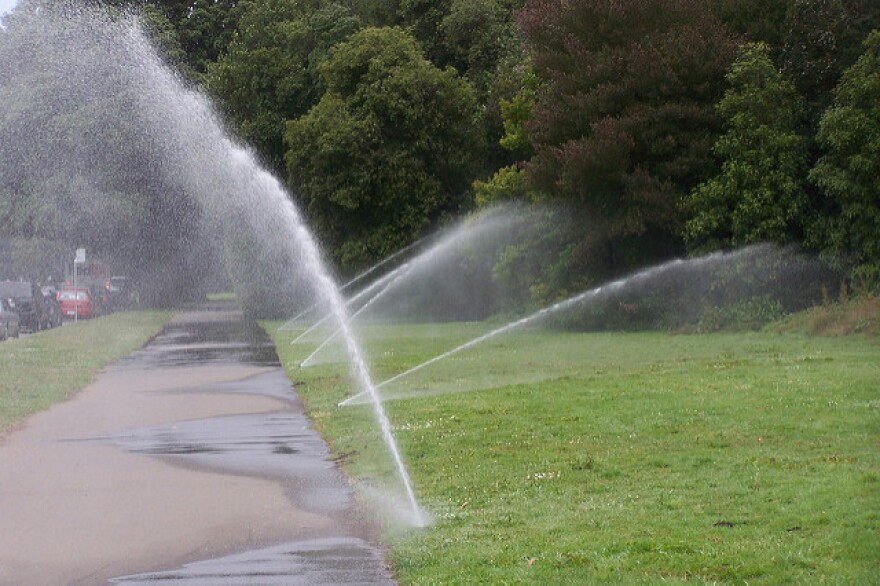Water conservation in California has dropped after regulators lifted mandatory restrictions.
The statewide conservation rate in August was just under 18 percent, raising concerns that water agencies have abandoned their focus on conservation during the drought. Last year, Californians cut water use by 27 percent in August.
The State Water Resources Control Board says a return to mandatory cutbacks may be necessary next year.
“This is definitely a factor," says Max Gomberg, climate and conservation manager for the State Water Resources Control Board. "We have to look both at where we’re at in terms of our water supply picture, in terms of rainfall and snowpack accumulation through January when we’ll be coming back to the board for extending these emergency regulations.”
Under new regulations, water suppliers have to prove that they have enough water to last through three years of drought. Officials say more than 80 percent of water agencies have passed that test.
This story was produced by Capital Public Radio.


